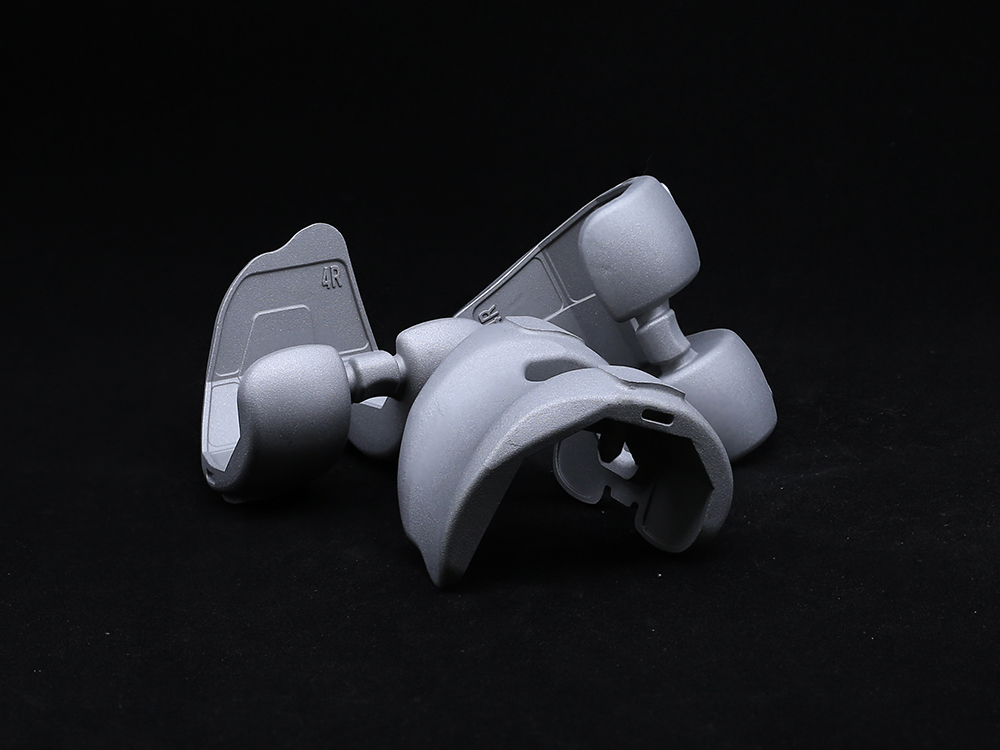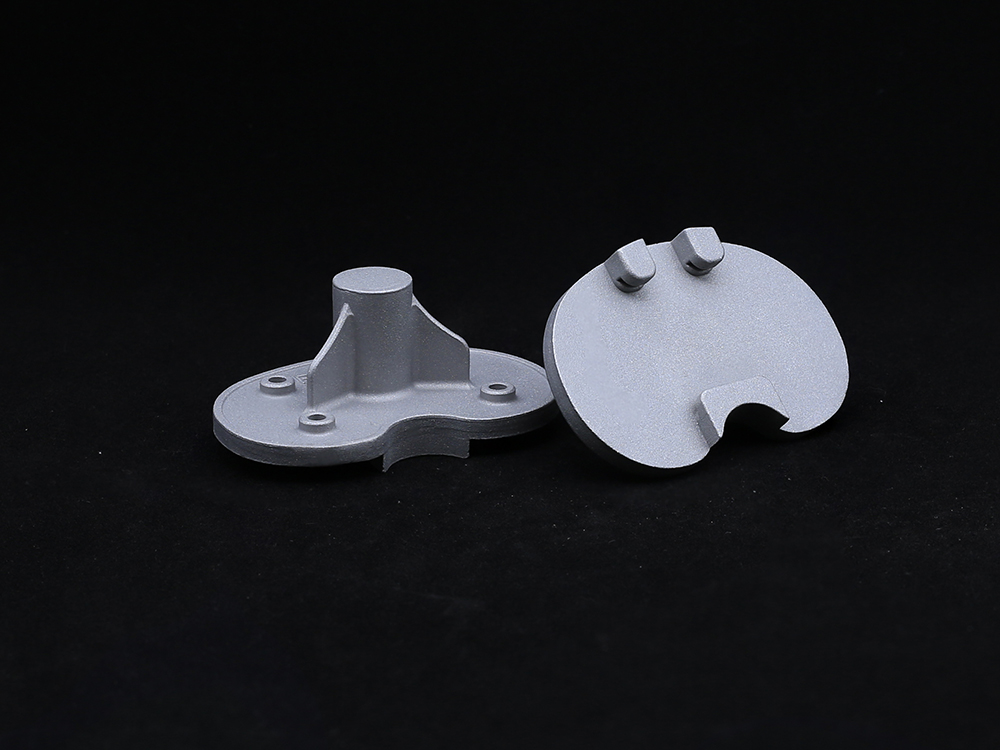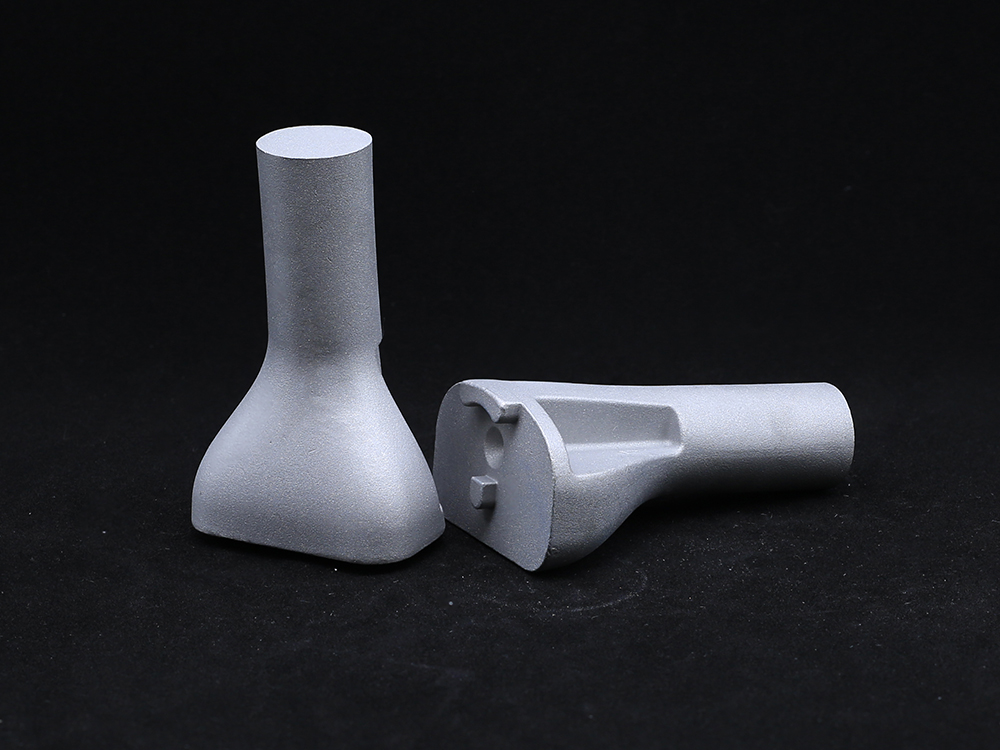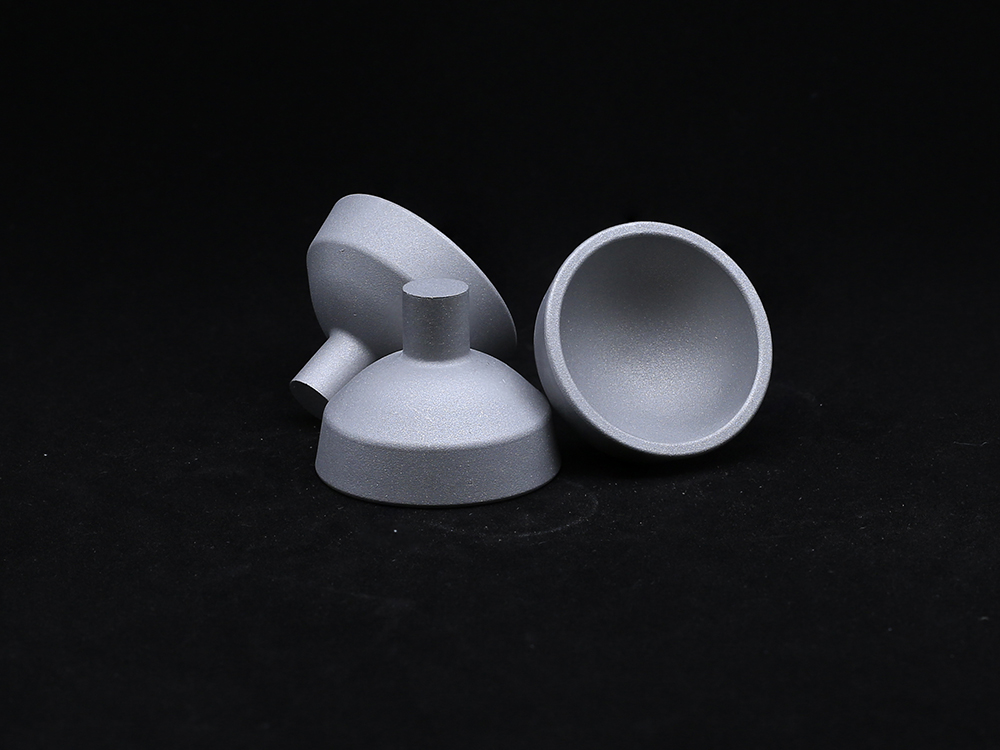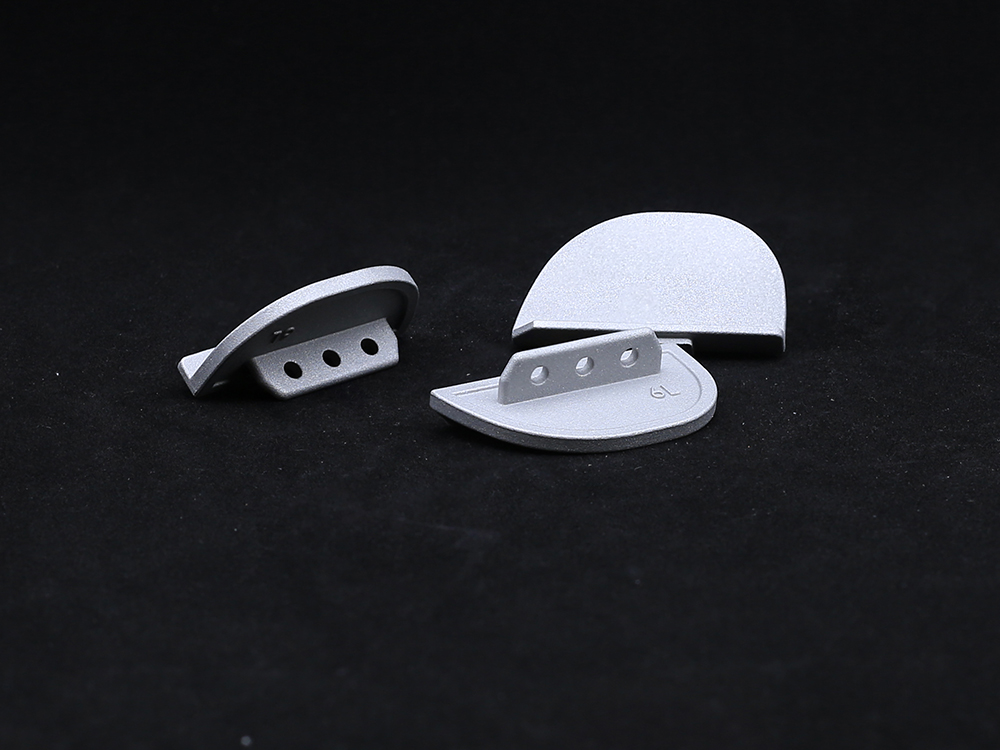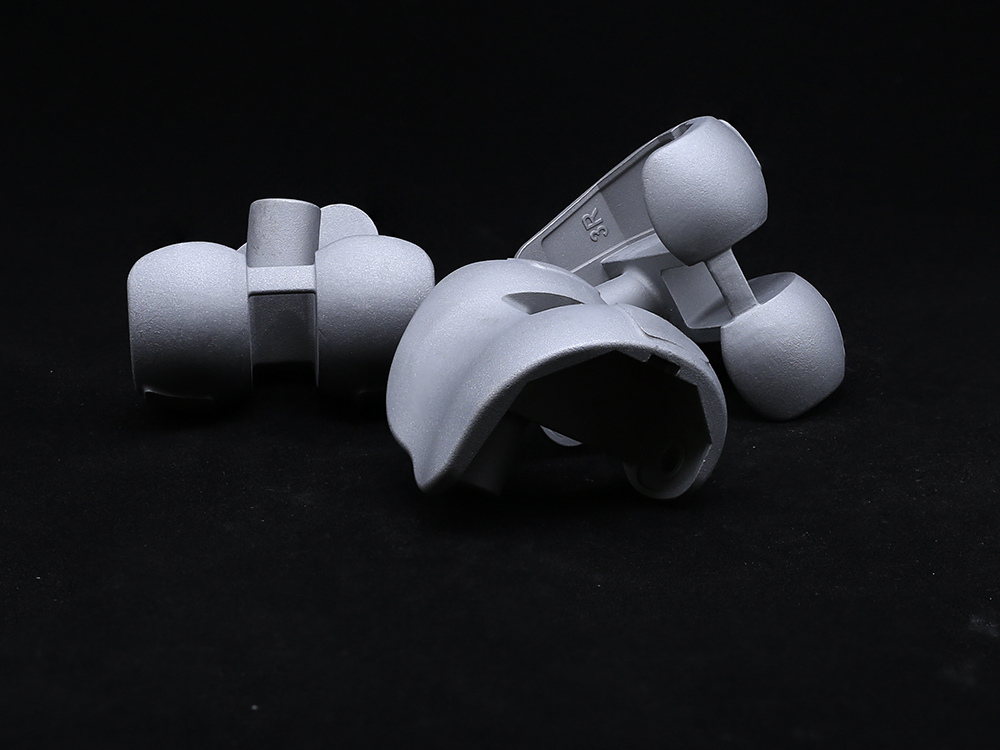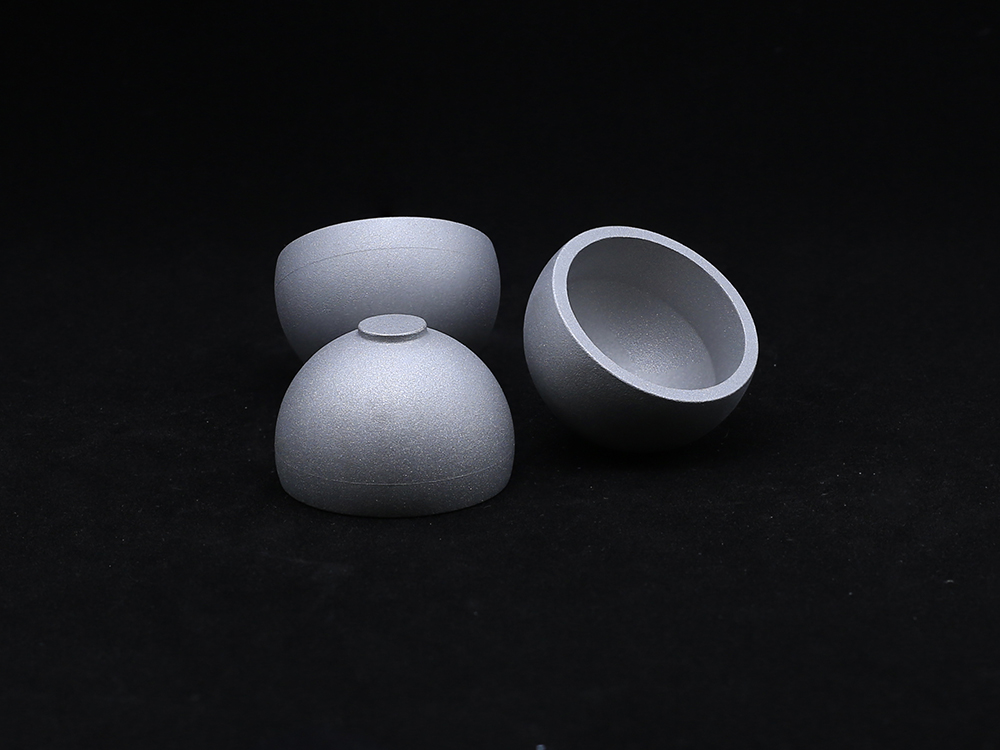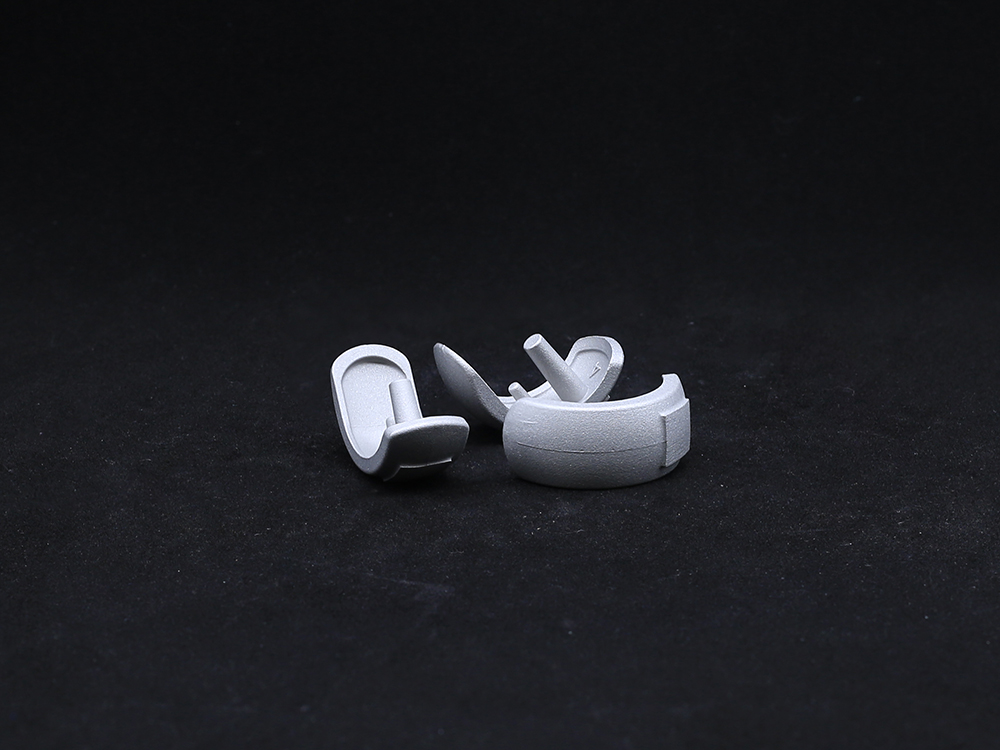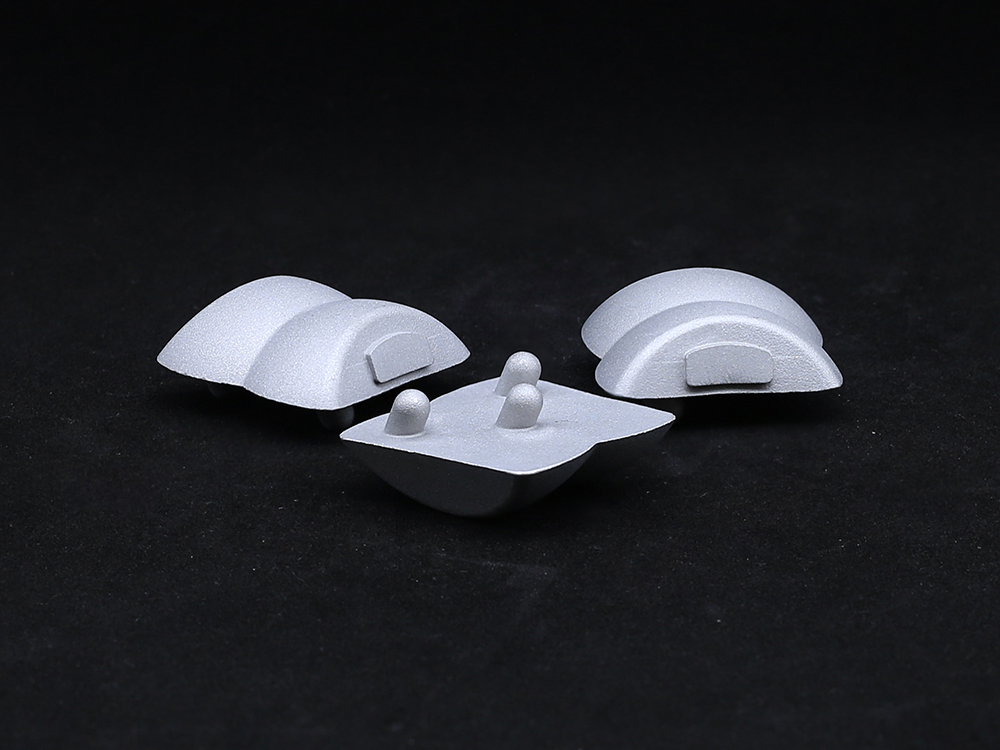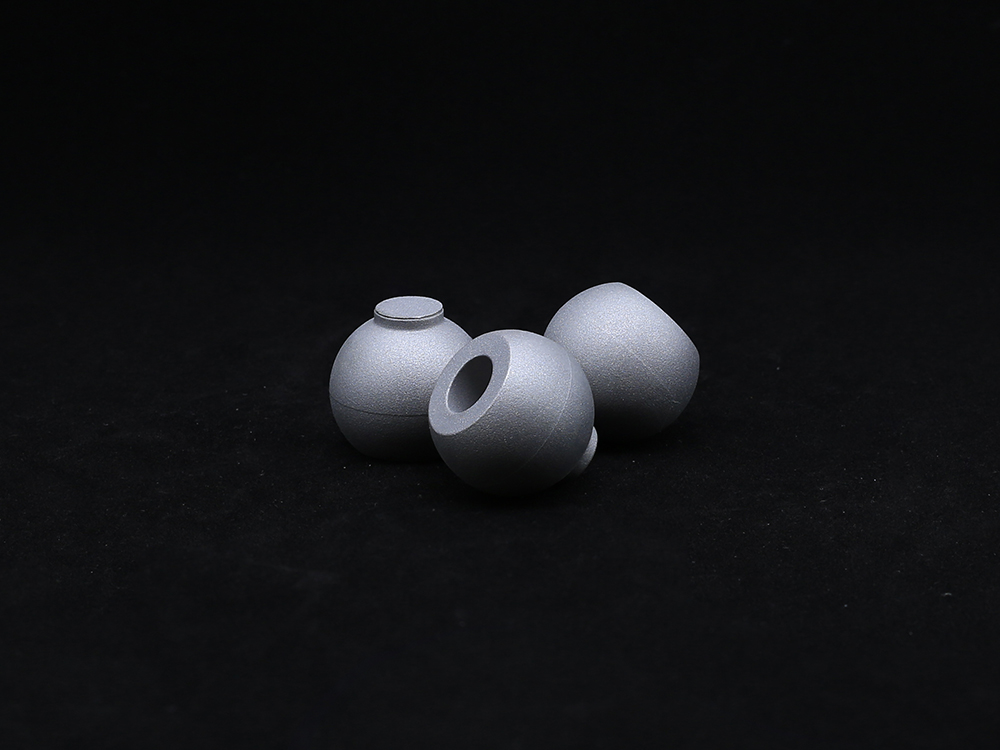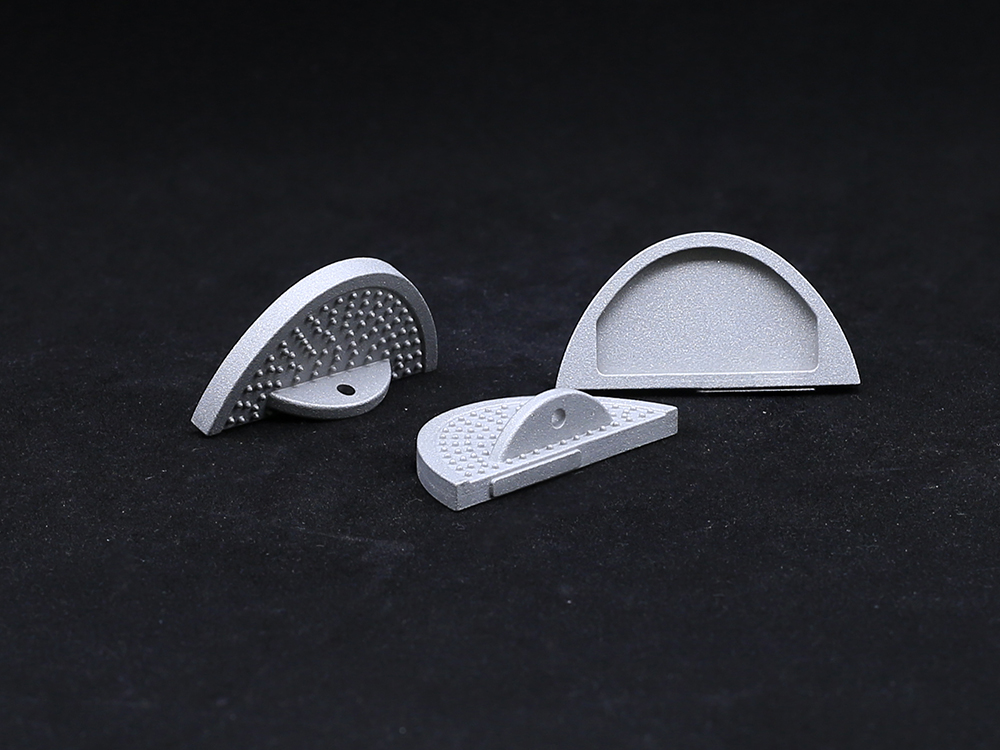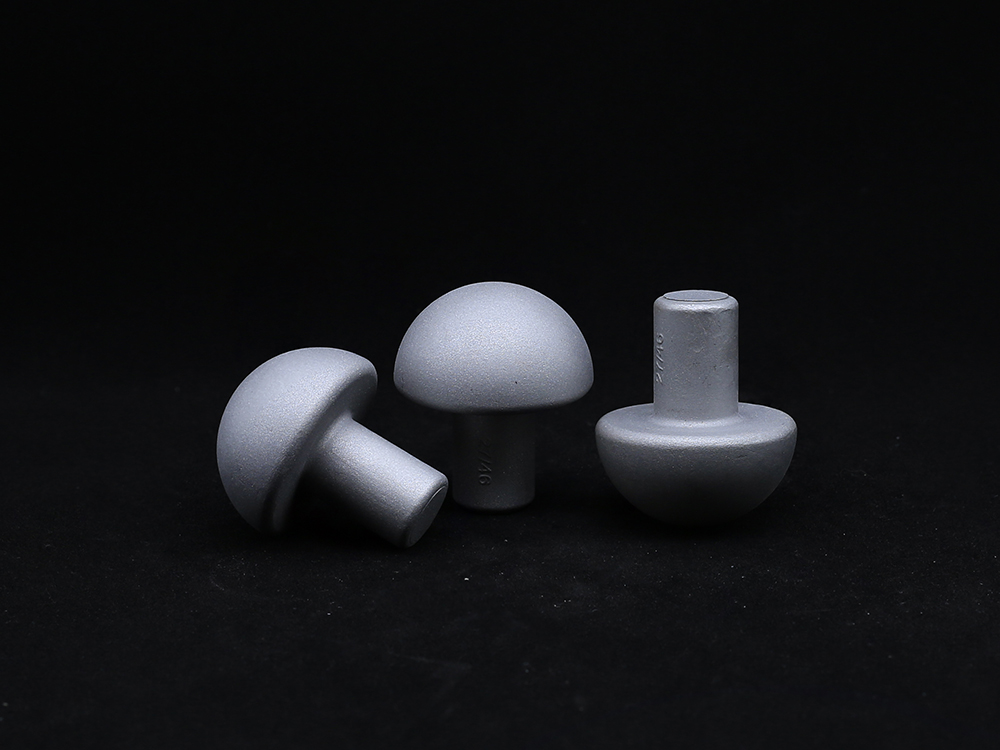- Tel: +8613911709825 /
- Email: ry@rays-casting.com /
Average Cost of Total Knee Replacement Surgery Compare Knee Replacement Surgery Costs & Benefits
- Overview of the Average Cost of Total Knee Replacement Surgery
- Critical Factors Affecting Knee Replacement Surgery Costs
- Technological Advancements and Their Impact on Surgery Expenses
- Comparing Leading Manufacturers: Pricing and Innovation
- Customized Knee Replacement Solutions and Cost Implications
- Real-Life Application Cases: Costs and Outcomes
- Conclusion: Making Informed Choices About the Average Cost of Total Knee Replacement Surgery

(average cost of total knee replacement surgery)
Overview: Understanding the Average Cost of Total Knee Replacement Surgery
The average cost of total knee replacement surgery
forms a pivotal concern for patients and healthcare providers. In recent years, advancements in medical technology have impacted both clinical outcomes and cost structures. Globally, the average cost of knee replacement surgery ranges from $20,000 to $50,000 per procedure, depending on infrastructure, surgeon expertise, and geography. The majority of these expenses relate to hospital fees, implant materials, anesthesia, post-operative rehabilitation, and follow-up care. However, the difference between total and partial knee replacement procedures in terms of expenses is substantial. Understanding these variances is critical for patients seeking optimized treatment plans and a financial blueprint that matches their needs.
Key Factors Influencing the Cost Structure of Knee Replacement Surgeries
There are several elements directly impacting the average cost of knee replacement surgery. First, geographical location significantly alters pricing due to variations in medical regulations, hospital amenities, and local economies. For example, procedures carried out in metropolitan hospitals often cost more than those in suburban or rural facilities.
Surgeon experience and reputation directly affect the operation’s final cost, as highly qualified specialists may charge premium fees. In addition, implant type (standard generic vs. customized prostheses) can add or subtract thousands of dollars to the total. Insurance coverage and the presence or absence of a deductible play crucial roles in what the patient ends up paying out-of-pocket. Notably, associated costs such as pre-operative tests, imaging scans, and extended post-operative therapy sessions further shape the overall financial burden. Understanding these drivers empowers patients to anticipate and manage the intricate cost architecture associated with both total and partial procedures.
Technological Advancements: Cost Reductions and Improved Patient Outcomes
Technological innovation continues to redefine the landscape of orthopedic surgery, particularly regarding knee replacements. Minimally invasive techniques reduce hospital stays, lower complication rates, and, over time, decrease total patient expenditure by up to 15%. Advanced imaging and navigation systems enable greater precision in implant placement, lowering the likelihood of costly revision surgeries.
In terms of material science, the development of high-durability polyethylene and new ceramic compounds has extended implant lifespan, directly impacting cost efficiency. Moreover, the integration of robotics and computer-assisted surgery has led to more predictable outcomes, often justifying an upfront premium due to longer implant longevity and reduced need for additional intervention. Data collected from leading orthopedic centers demonstrate that adopting these cutting-edge technologies accelerates rehabilitation and reduces indirect costs, such as loss of workdays.
Comparing Leading Knee Replacement Manufacturers: Price, Performance, Technology
Choosing a manufacturer for knee implants is a decision that balances cost, quality, and innovation. The table below compares prominent brands based on average implant costs, technical features, reported longevity, and adoption of novel technologies:
| Manufacturer | Average Implant Cost (USD) | Material & Technology | Longevity (Years) | Technological Distinction |
|---|---|---|---|---|
| Zimmer Biomet | $4,000 - $6,500 | Vanguard polyethylene, 3D planning | 20+ | Robotics, Personalized Alignment |
| Stryker | $4,500 - $7,000 | Triathlon Tritanium, Smart instrumentation | 15-20 | Mako Robotic-Arm Assistance |
| DePuy Synthes (J&J) | $3,900 - $6,000 | Attune Knee System, Adaptive Motion | 15+ | Patented Rotating Platform |
| Smith & Nephew | $3,800 - $5,500 | Oxinium, Mobile Bearing Knees | 15-25 | Low Wear Oxidized Zirconium |
While higher-priced implants typically integrate more advanced materials or custom features, their longevity can justify the investment in terms of reduced revision risk. Patients are advised to discuss these variables with orthopedic specialists to weigh performance, durability, and cost.
Custom Knee Replacement Solutions: Personalized Care and Economic Outcomes
The shift toward personalized knee replacement solutions has rapidly gained momentum. Such tailored procedures involve preoperative 3D modeling and patient-specific instrumentation. While custom options may increase upfront costs by 10-20%, they deliver significant long-term savings by minimizing post-surgery complications and supporting faster recovery.
In addition, customized surgery often requires fewer hospital resources, reducing the average cost of partial knee replacement surgery when applied to eligible cases. Patients benefit from enhanced mobility, better joint alignment, and a reduced risk of implant failure. The emergence of patient-specific implants is particularly significant for younger, more active candidates who demand longevity without recurrent surgeries.
Application Cases: How Costs and Outcomes Compare in Real Life
Examining real-life scenarios offers valuable insight into cost-benefit relationships associated with different knee replacement options. Consider the following hypothetical but data-based patient cases for comparison:
| Case | Procedure Type | Total Hospital Cost | Implant Type | Insurance Coverage | Recovery Time | Revision Needed? |
|---|---|---|---|---|---|---|
| Patient A | Total Knee Replacement | $46,000 | Standard Metal-Polyethylene | 80% | 10 Weeks | No |
| Patient B | Partial Knee Replacement | $26,000 | Oxinium Custom Implant | 60% | 6 Weeks | No |
| Patient C | Total Knee Replacement | $53,000 | 3D Printed Titanium | 75% | 8 Weeks | Not Yet |
| Patient D | Partial Knee Replacement | $22,000 | Standard Alloy | 100% | 5 Weeks | Yes (after 7 years) |
These cases illustrate variability based on procedure type, implant selection, and insurance coverage. While upfront costs differ, lifetime expenses hinge on the need for revisions and success of initial outcomes. Insurance dynamics, choice of material, and technological involvement all play pivotal roles in maximizing value and minimizing overall expenditure.
Conclusion: Navigate Smart Choices on the Average Cost of Total Knee Replacement Surgery
The landscape of knee replacement surgery costs is nuanced, driven by technology, service provider, implant manufacturer, and patient-specific needs. The average cost of total knee replacement surgery, though substantial, is just one factor of an integrated decision making process that considers long-term health, quality of life, and financial planning. By benchmarking statistical data, manufacturer comparisons, and real-world cases, patients are equipped to collaborate more effectively with healthcare providers for optimal surgical and economic results. Ultimately, strategic choices in implant selection and provider expertise yield the best possible balance between cost management and successful recovery.

(average cost of total knee replacement surgery)
FAQS on average cost of total knee replacement surgery
Q: What is the average cost of total knee replacement surgery?
A: The average cost of total knee replacement surgery in the United States typically ranges from $30,000 to $50,000. This amount includes hospital fees, surgeon fees, and pre- or post-operative care. Costs may vary depending on location and insurance coverage.Q: How does the average cost of knee replacement surgery differ for partial versus total procedures?
A: The average cost of partial knee replacement surgery is usually lower, often between $20,000 and $35,000. In contrast, total knee replacement tends to be more expensive due to the extent of the procedure. Your specific cost will depend on your hospital, surgeon, and insurance.Q: What factors affect the average cost of total knee replacement surgery?
A: Major factors include the choice of hospital, surgeon's fees, anesthesia type, and length of hospital stay. Geographic location also plays a significant role. Insurance coverage can help offset a part of these costs.Q: Does insurance typically cover the average cost of knee replacement surgery?
A: Most health insurance plans cover a significant portion of the average cost of knee replacement surgery, especially if deemed medically necessary. Patients may still be responsible for deductibles and co-payments. Check with your provider for specific details and coverage.Q: Can the average cost of partial knee replacement surgery be reduced?
A: Yes, choosing an outpatient facility, using insurance, or seeking care in regions with lower costs can reduce the average cost of partial knee replacement surgery. Comparing surgeon and facility fees also helps. Always discuss payment plans and financial options with your provider.Get a Custom Solution!
Contact Us To Provide You With More Professional Services

